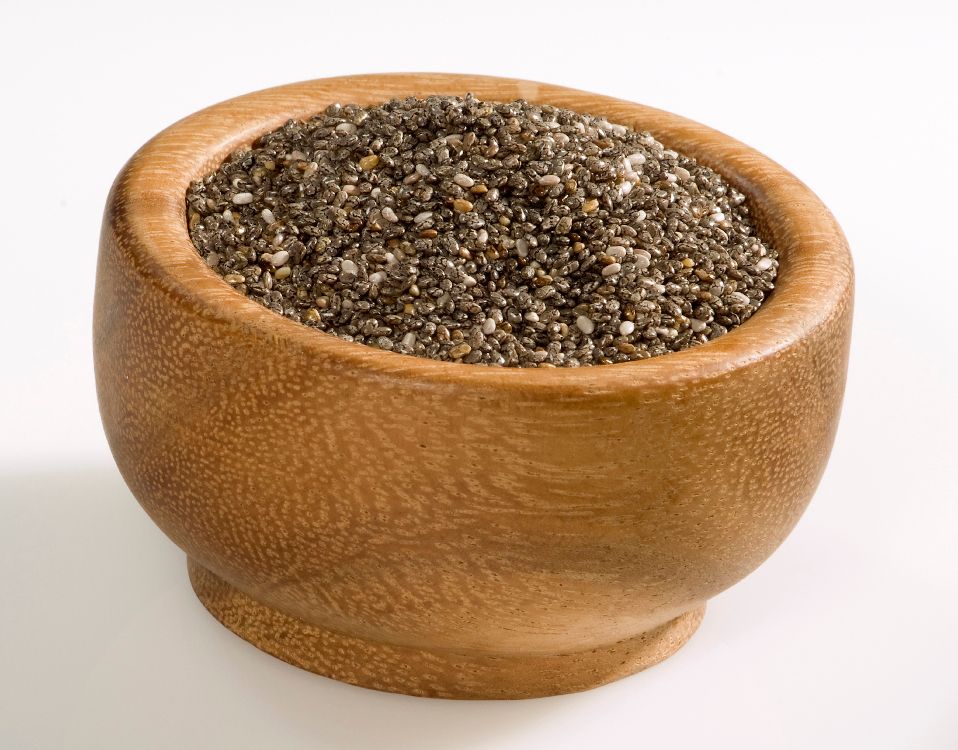Genome sequencing of chia seeds could lead to development of novel health products say researchers at Oregon State University
While others have sequenced the chia genome in the past, the current paper provides greater detail at the molecular level as well as the potential of genetic data mining with a focus on human health applications.
Photo © iStockphoto.com/ka-ching

Scientists from Oregon State University (OSU) have sequenced the chia genome, identifying chia genes that are associated with improved nutrition and other properties that are desirable for pharmaceuticals that may be used to treat diseases that range from cancer to high blood pressure. While others have sequenced the chia genome in the past, the current paper provides greater detail at the molecular level as well as the potential of genetic data mining with a focus on human health applications, according to a press release from OSU.
“This research opens up possibilities for scientists to study chia seed through the lens of improving human health while at the same time continuing to further our knowledge of all the nutritional benefits of chia,” said Pankaj Jaiswal, one of the study’s authors, in a press release. Jaiswal is a professor in the Department of Botany and Plant Pathology in the College or Agricultural Sciences at OSU.
The researchers hope that the study’s findings will provoke interest in growing chia in Oregon, just as researchers at the University of Kentucky helped spur the growth of chia seed in that state. The researchers also believe that chia may be similar to rice, wheat, and maize in that they were orphan or minor crops that had traditionally received little attention but eventually contributed to the last’s century’s Green Revolution, mitigating global hunger and saving millions of lives.
“Now we are at the point where long-term food and nutrition security requires diversifying the human diet by breeding and making genetic improvement to nutrient-rich, so-called minor crops like chia,” said Sushma Naithani, an associate professor, senior research in the Department of Botany and Plant Pathology.
More specifically, the researchers found 29 genes that are involved with biosynthesis of polyunsaturated fatty acids as well as 93 genes that aid in the gel-forming property chia is known for. Additionally, they found 2,707 genes highly expressed in the seed that may generate protein-derived small bioactive peptides. According to the researchers, when digested, these biopeptides are released and absorbed in the body, and may have the potential to alleviate conditions like type II diabetes and hypertension. Knowledge of these genes and genetic markers may help agricultural researchers to breed plants to amplify traits valuable to human health.
Prinova acquires Aplinova to further increase its footprint in Latin America
April 7th 2025Prinova has recently announced the acquisition of Brazilian ingredients distributor Aplinova, which is a provider of specialty ingredients for a range of market segments that include food, beverage, supplements, and personal care.
HHS announces restructuring plans to consolidate divisions and downsize workforce
Published: March 27th 2025 | Updated: March 27th 2025According to the announcement, the restructuring will save taxpayers $1.8 billion per year by reducing the workforce by 10,000 full-time employees and consolidating the department’s 28 divisions into 15 new divisions.








